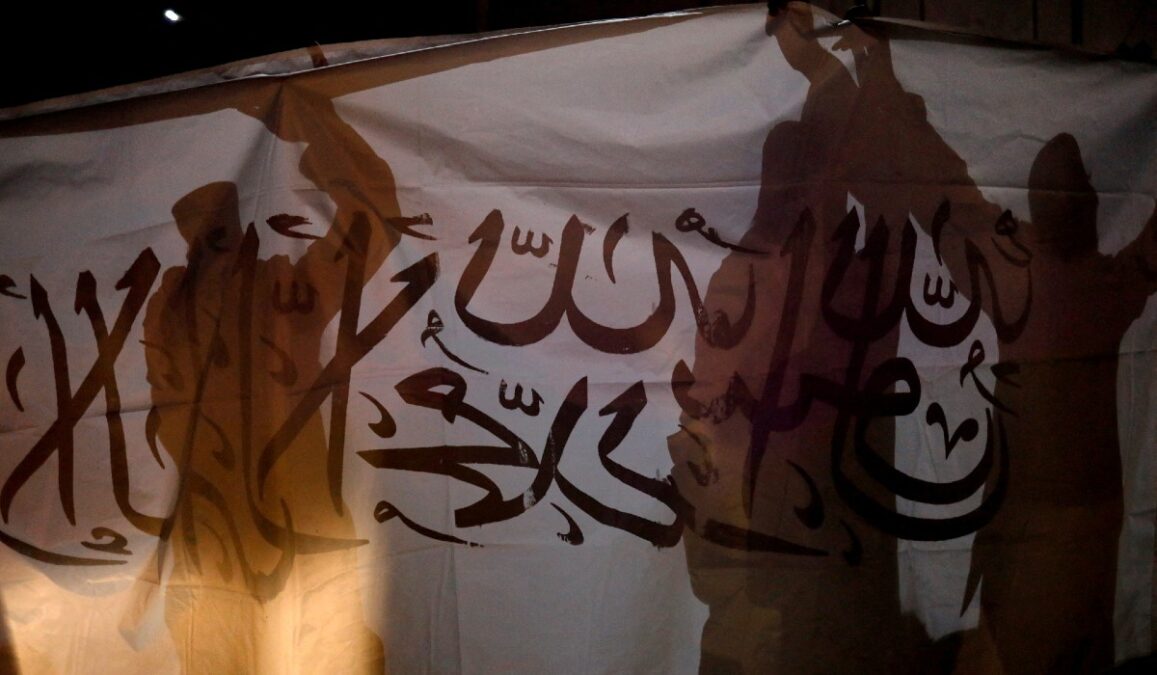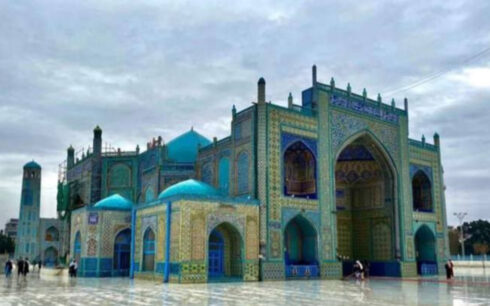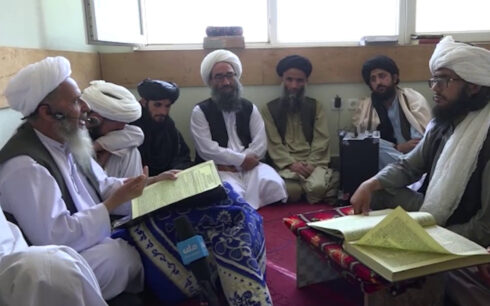KABUL, Afghanistan — Taliban appear split over a recent decree banning the filming and broadcasting of living beings, with many of their officials ignoring the directive despite its approval by the Taliban leader Hibatullah Akhundzada.
A review of the Taliban’s official social media and websites shows that out of 24 ministries, only three—the Ministries of Justice, Higher Education, and Promotion of Virtue and Prevention of Vice—have complied with the ban, ceasing to share images or videos. Meanwhile, 21 other ministries and the offices of three deputy chief ministers continue to publish footage, seemingly disregarding their leader’s order.
The law, ratified in September as part of the Taliban’s “Promotion of Virtue and Prevention of Vice” code, prohibits broadcasting images of living beings and imposes several other restrictions. Despite this, senior officials from key ministries, including Defense, Interior, Finance, and Public Health, have continued to feature images and videos of their daily activities on official platforms.
The Taliban ministries of justice, higher education, and promotion of virtue have been the most vocal in enforcing the law. Neda Mohammad Nadim, the Higher Education Minister, and Khalid Hanafi, Minister of Promotion of Virtue and Prevention of Vice, have prohibited filming during their provincial visits and ordered their ministries to stop broadcasting images. Yet, other prominent officials have paid little heed to the decree, fueling speculation of internal divisions within the Taliban leadership.
The inconsistency in enforcement has drawn public criticism. “The Taliban themselves are divided on this issue, making arbitrary decisions that harm the people, restrict freedom of expression, and lead to unemployment,” said Tuba, a resident of Kabul. Another Kabul resident questioned the group’s double standards: “If images are banned, why does this rule only apply to the public, while they continue to share videos and photos on their pages?”

The Taliban’s Deputy Chief Minister for Political Affairs, Abdul Kabir, recently posted images of his meeting with UNAMA head Roza Otunbayeva, directly flouting the ban. Similarly, the deputy chief ministers responsible for economic, political, and administrative affairs have continued to broadcast footage.
Religious scholars have also criticized the Taliban, accusing them of manipulating religious teachings for political gain. “This is a deceitful act, designed to hide their crimes under the pretense of religious rules,” said Momin Zia Badakhshi, a religious scholar. He argued that the Taliban’s selective application of the ban is intended to prevent public scrutiny of their actions.
The implementation of the ban has also had tangible consequences in several provinces. In Kandahar, Takhar, and Badghis, local officials have stopped broadcasting footage, leading to the shutdown of some television stations.





